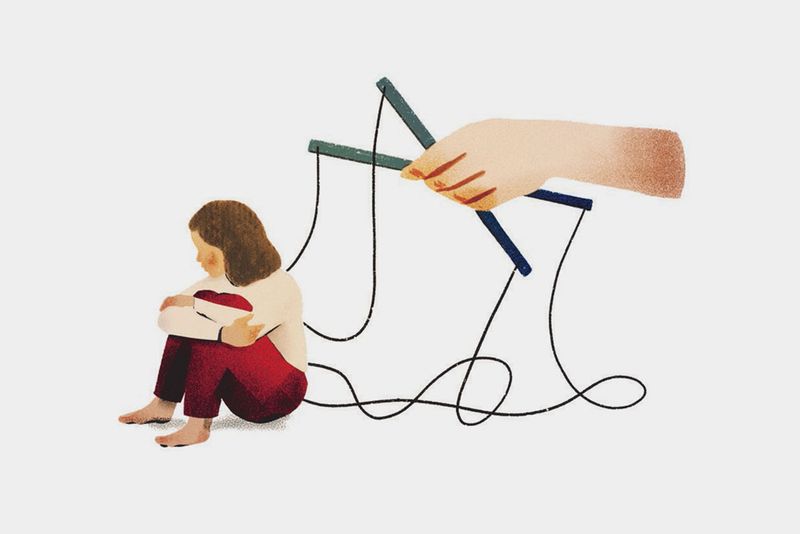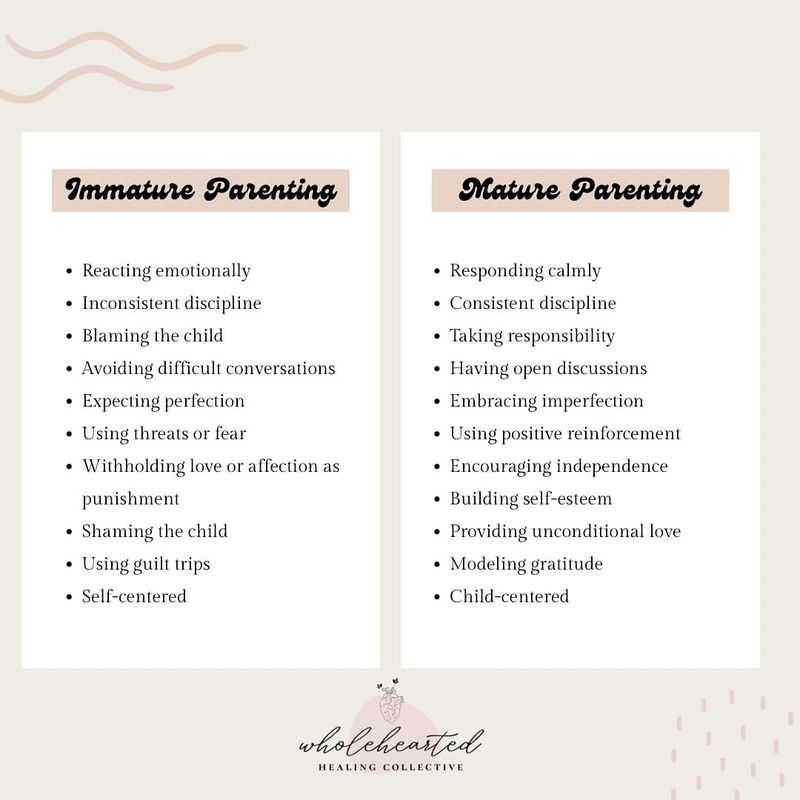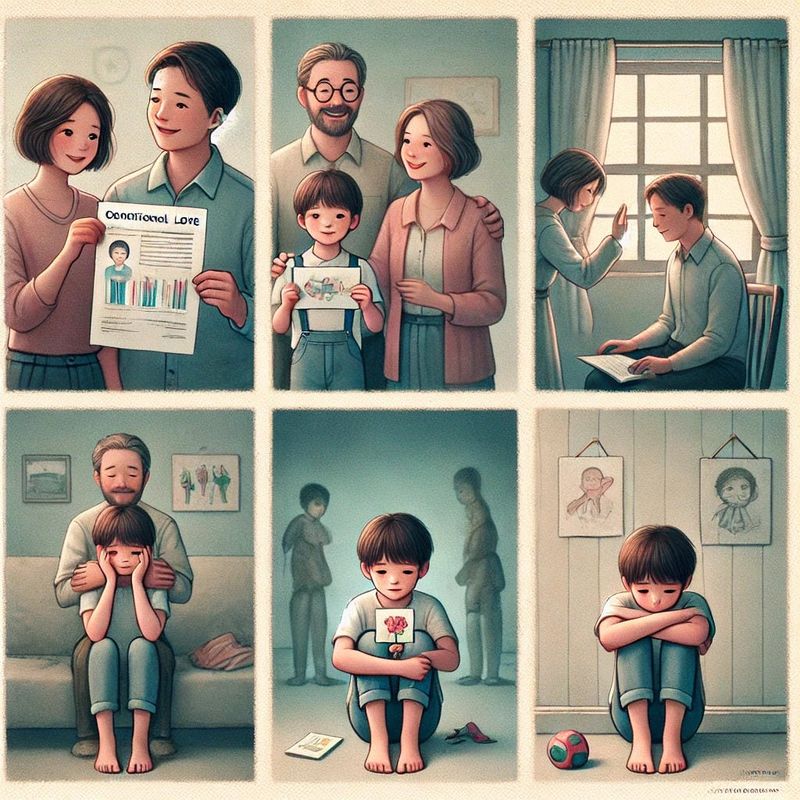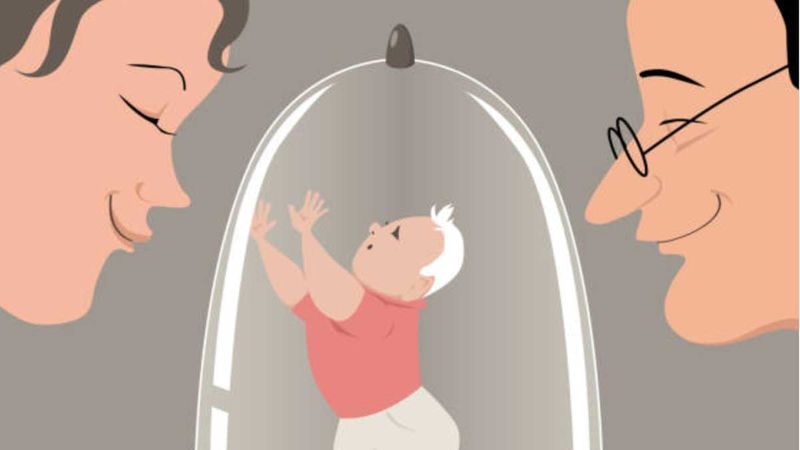Parenting is a journey filled with challenges and triumphs, but some traits can lead to strained relationships with adult children. Understanding these traits can help parents foster healthier connections.
1. Over-Controlling Nature

The tendency to control every aspect of their child’s life can lead to resentment. These parents often make decisions without considering their child’s opinions. While their intention might be to protect, it stifles independence and growth. Adult children may feel suffocated, yearning for freedom.
This controlling nature can stem from fear or past experiences, but it often results in a lack of trust and communication. Adult children may distance themselves to reclaim autonomy. Such relationships require effort to rebuild trust and allow mutual respect.
A shift towards supportive guidance instead of control could mend broken bonds.
2. Emotional Manipulation

Manipulating emotions to achieve desired outcomes can damage relationships. Parents employing guilt trips or emotional blackmail may find their children growing resentful.
Adult children often perceive these actions as unfair and burdensome, leading to emotional distancing. This behavior can create a cycle of blame and mistrust that is hard to break.
Understanding the impact of emotional manipulation and learning healthier communication methods are crucial for healing. Building transparency and honesty can transform these relationships, allowing adult children to feel genuinely supported and loved.
3. Lack of Empathy

A lack of empathy can create emotional chasms between parents and children. Parents who dismiss their children’s feelings may inadvertently teach them to suppress emotions.
This leads to adult children feeling misunderstood and isolated. Without empathetic listening, they might distance themselves to protect their emotional well-being.
Developing empathy involves active listening and validation of the child’s feelings. Understanding their perspective fosters a supportive environment, encouraging open dialogue. Such changes can repair strained relationships and nurture deeper connections.
4. Unrealistic Expectations

High expectations can create pressure and dissatisfaction. Parents who set unrealistically high standards may cause their children to feel inadequate.
Constant comparison to others or relentless pursuit of perfection can undermine self-esteem. Adult children often rebel against these pressures, seeking validation elsewhere.
Reducing unrealistic expectations and appreciating individual achievements fosters self-worth and acceptance. Focusing on personal growth rather than comparison cultivates a nurturing relationship. This approach helps in healing and understanding between parents and adult children.
5. Inconsistent Discipline

Inconsistency in discipline creates confusion and frustration. Parents who fail to set clear boundaries might inadvertently encourage defiant behavior.
Adult children raised in such environments may struggle with authority and discipline in their own lives. This inconsistency can lead to misunderstandings and resentment.
Establishing consistent rules and fair consequences promotes respect and understanding. Clear communication and consistency rebuild trust, allowing adult children to feel secure and understood. This paves the way for a more harmonious relationship.
6. Neglect

Neglecting a child’s emotional needs can have long-lasting effects. Parents who prioritize work or personal interests over their children might find them feeling abandoned.
This neglect can lead to low self-esteem and a craving for attention and validation from other sources. Adult children often distance themselves emotionally from neglectful parents, seeking support elsewhere.
Addressing neglect involves actively engaging in the child’s life and being present. Showing genuine interest and concern fosters reconnection and healing. Building a supportive environment can restore trust and build meaningful relationships.
7. Judgmental Attitude

A judgmental attitude can drive a wedge between parents and their adult children. Constant criticism or disapproval may lead to feelings of inadequacy and resentment.
Such behavior can cause children to seek affirmation elsewhere, leading to a breakdown in communication. These dynamics often result in emotional distancing.
Embracing acceptance and focusing on constructive feedback instead of criticism can nurture understanding and connection. Parents should strive to appreciate their children’s uniqueness, fostering a supportive and loving relationship.
8. Conditional Love

Conditional love ties affection to achievement, damaging self-worth. Parents who express love based on success or behavior may cause children to feel unloved.
This can lead to feelings of inadequacy and a constant quest for approval. Adult children often struggle to believe in unconditional love, leading to strained relationships.
Shifting towards unconditional love and acceptance fosters security and trust. Recognizing the child’s intrinsic value and expressing love without conditions can heal wounds and strengthen bonds. This approach encourages genuine connection and mutual respect.
9. Breach of Privacy

A lack of respect for privacy can erode trust. Parents who invade privacy by reading diaries or eavesdropping may find their children growing distant.
Such actions convey a lack of respect and trust, pushing adult children to seek privacy and autonomy elsewhere. This can lead to emotional separation and resentment.
Respecting boundaries and privacy is essential for fostering trust and communication. Parents should strive to maintain open dialogue without infringing on personal space. This respect for autonomy promotes healthier relationships and mutual understanding.
10. Lack of Support

Parents who fail to provide support may leave children feeling isolated. Whether emotional, financial, or moral, support is crucial for healthy relationships.
A lack of support can lead to feelings of abandonment and self-doubt. Adult children often seek support from other sources, distancing themselves from unsupportive parents.
Understanding the importance of being present and offering assistance fosters connection and trust. Recognizing when a child needs support and being there can bridge gaps and strengthen bonds. This approach encourages a loving and supportive relationship.
11. Favoritism

Favoritism can breed resentment and jealousy. When parents overtly favor one child over another, it can damage sibling relationships and self-esteem.
This behavior often leads to feelings of inadequacy and rivalry among siblings. Adult children may carry these feelings into adulthood, affecting family dynamics.
Addressing favoritism involves recognizing and correcting biased behavior. Ensuring equal treatment and appreciation fosters a balanced and loving family environment. This approach helps in healing wounds and promoting unity and understanding among family members.
12. Overprotection

Overprotection can stifle growth and independence. Parents who shield their children from challenges may inadvertently hinder their development.
This excessive protection leads to a lack of confidence and self-reliance in adult children. They may struggle to make decisions and face uncertainty with fear.
Encouraging independence while providing guidance fosters resilience and self-assurance. Allowing children to experience challenges and learn from them promotes healthy development and autonomy. Such an approach nurtures confident and self-reliant individuals, strengthening parent-child relationships.
13. Inability to Apologize

An inability to apologize can create lasting tension. Parents who refuse to admit mistakes may find their relationships with children strained.
This behavior can lead to unresolved conflicts and a lack of closure. Adult children often feel unheard and frustrated, resulting in emotional distance.
Acknowledging mistakes and offering sincere apologies fosters healing and reconciliation. It demonstrates humility and respect, encouraging open communication. This approach helps in rebuilding trust and nurturing a harmonious relationship, creating a foundation for mutual understanding and growth.
14. Lack of Communication

Poor communication can lead to misunderstandings and emotional distance. Parents who fail to communicate effectively may find their relationships with children deteriorating.
This lack of dialogue can result in feelings of isolation and frustration. Adult children often seek connection elsewhere, widening the emotional gap.
Improving communication involves active listening and expressing thoughts openly. Engaging in meaningful conversations fosters understanding and empathy. This approach nurtures a supportive environment, allowing for growth and connection. By prioritizing communication, parents can strengthen their relationship with adult children.

